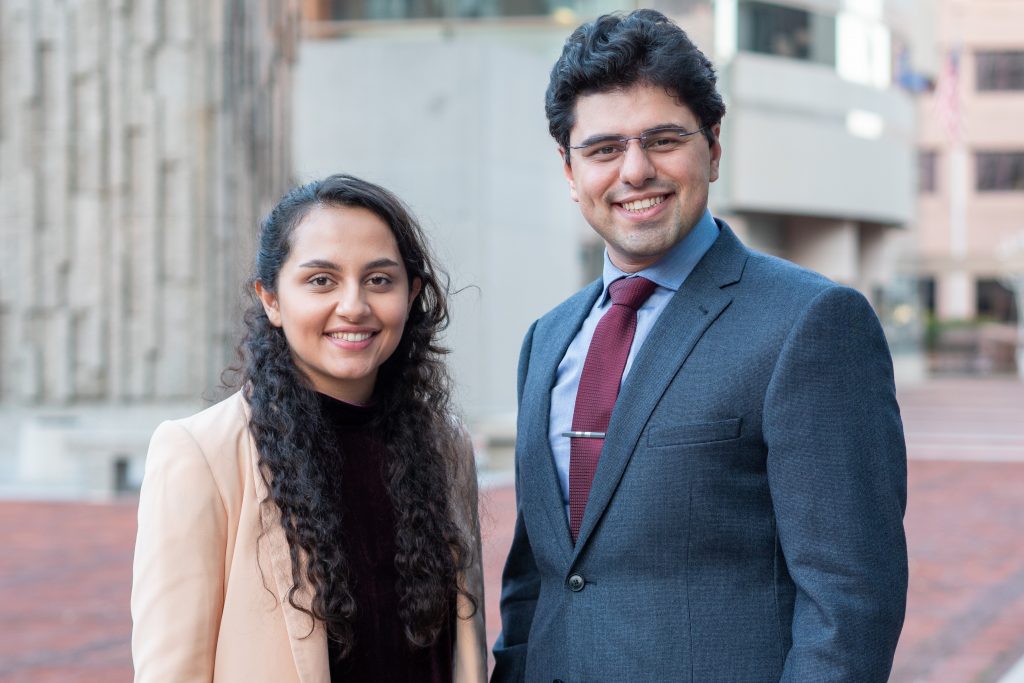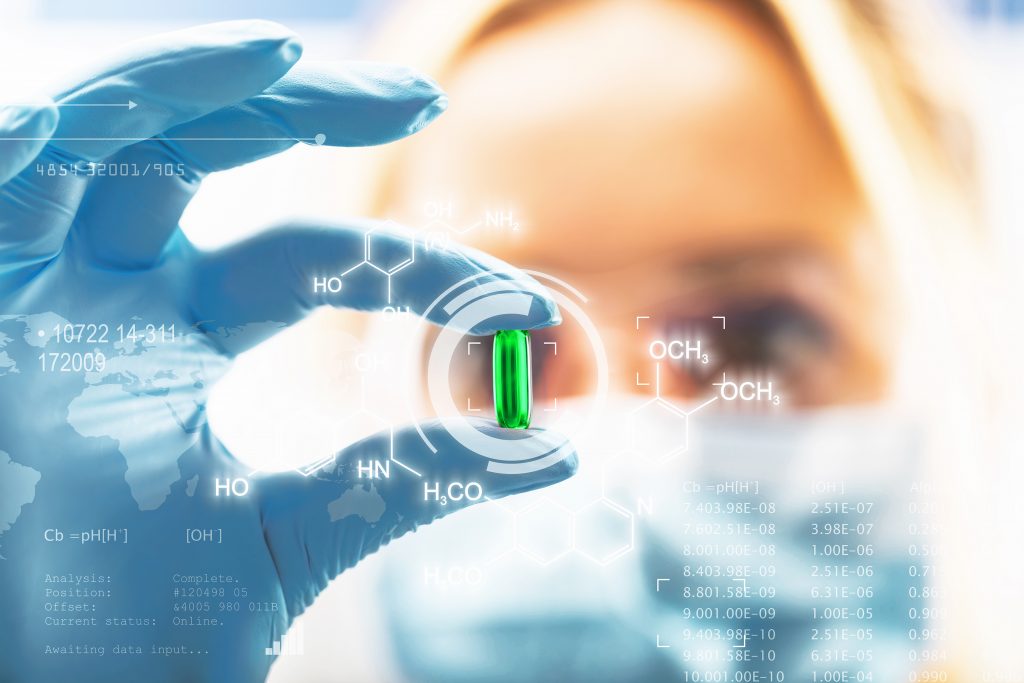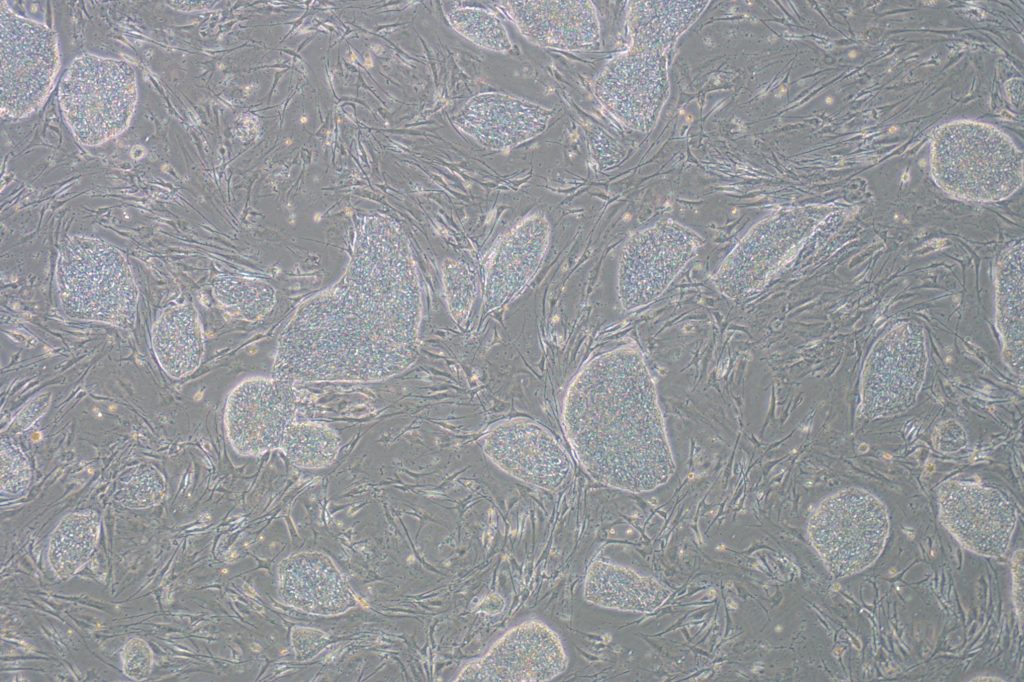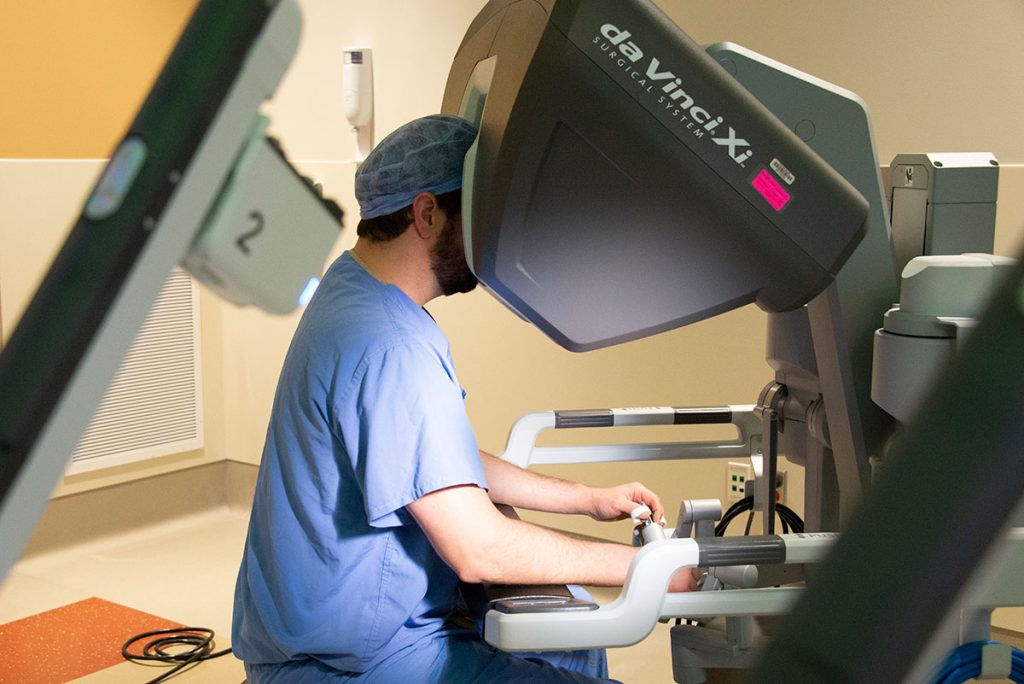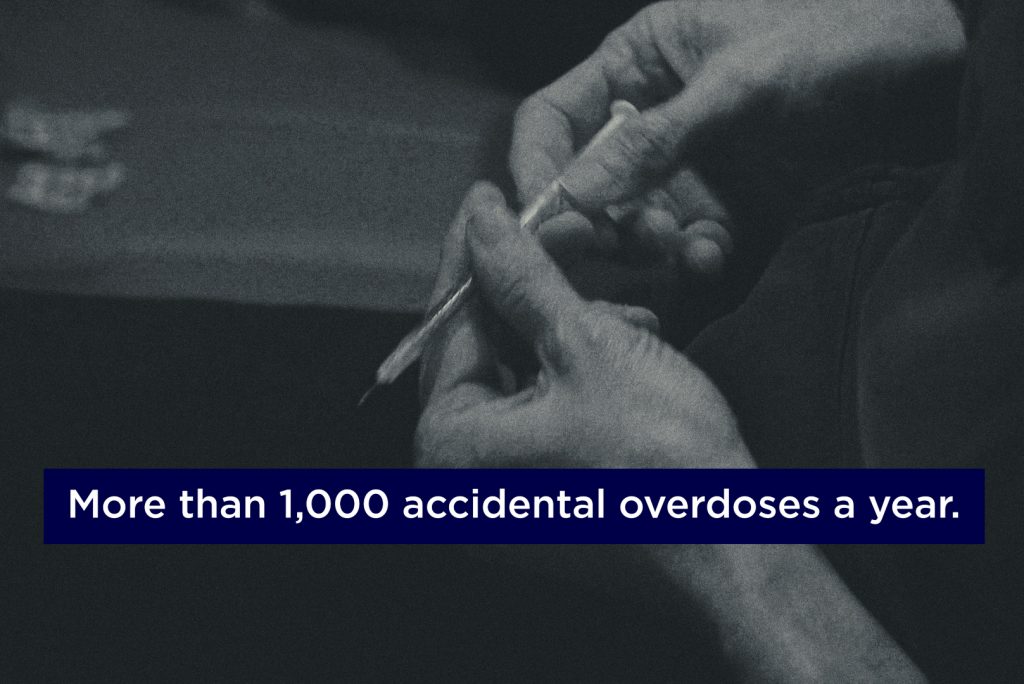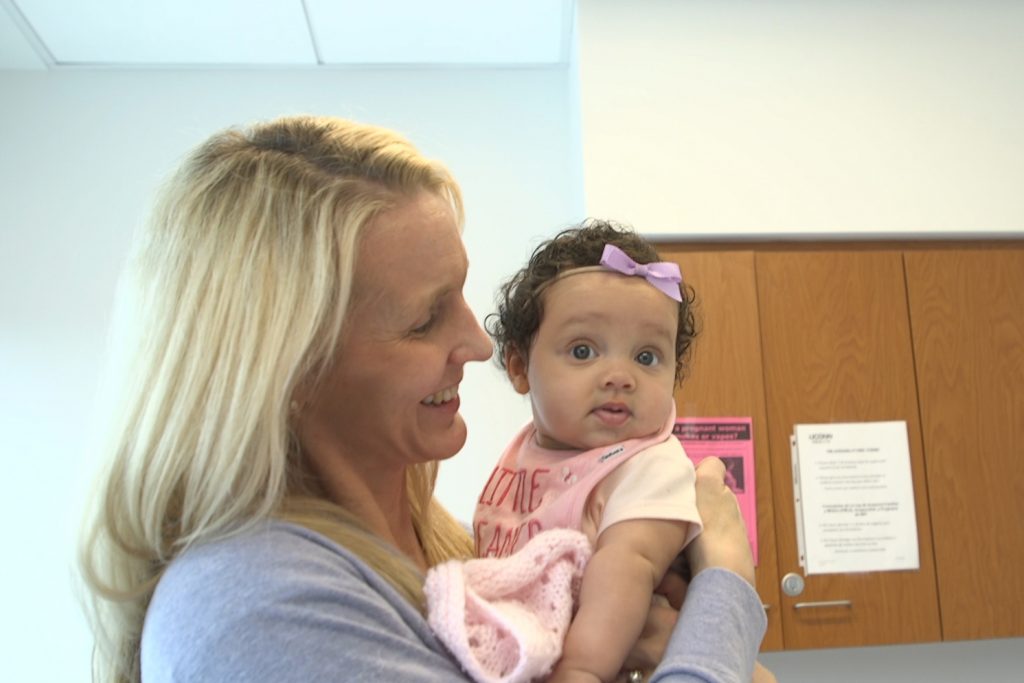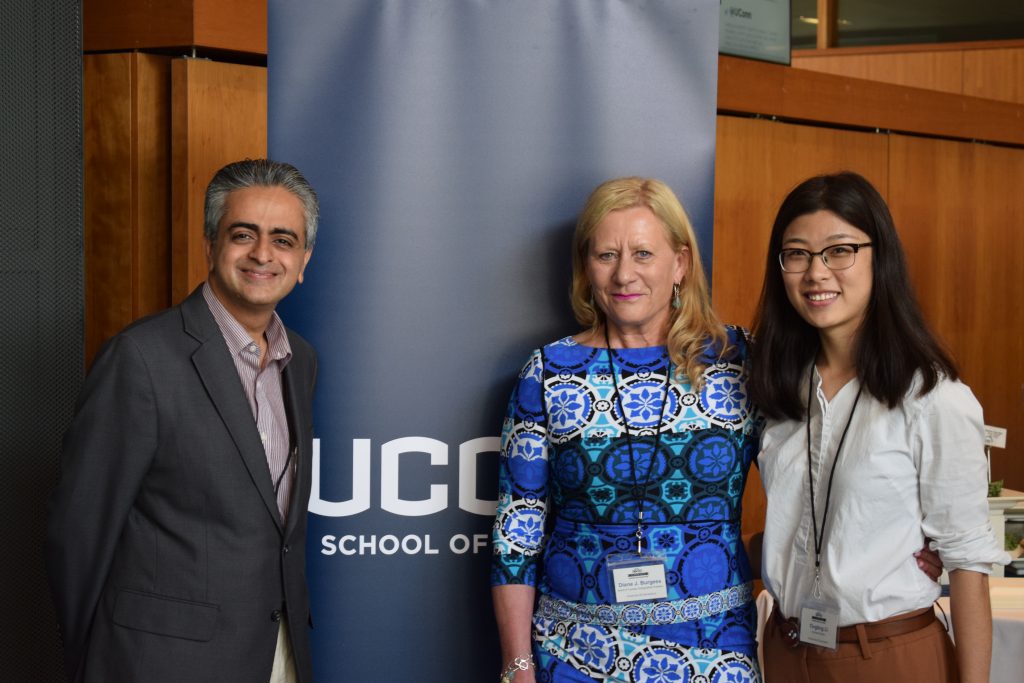Health & Well-Being
Crystallizing Knowledge with a Learning Machine
UConn researchers working with Pfizer used machine learning to figure out the best way to coax a drug into solid form for the development of pharmaceuticals.
April 16, 2019 | Kim Krieger
New Technology Designed to Reduce Mortality Rates in Cancer Patients
A pair of Ph.D. students developed a technology that takes a patient’s tumor cells and grows them outside of the body to test different cancer treatments.
April 10, 2019 | Anna Zarra Aldrich '20 (CLAS), Office of the Vice President for Research
Drug Discovery Partnership with AI Biotech Company Reaps Promising Early Results
At UConn Health, the technology is being used to pursue therapeutic treatments for strokes, for which there is “an urgent need for novel therapies that can move rapidly into clinical trials,” says Rajkumar Verma.
April 9, 2019 | Combined Reports
UConn and Foundation for Prader-Willi Research Create Stem Cell Biobank
The biobank will be able to supply induced-pluripotent stem cells for Prader-Willi syndrome to researchers throughout the world.
April 9, 2019 | Kim Krieger
UConn Health Expands Robotic Surgery Capabilities
Dr. Eric Girard, a surgeon who specializes in colorectal surgery, says use of the new robot can translate to 'people feeling better faster and getting back to their families and their jobs sooner.'
April 4, 2019 | Chris DeFrancesco '94 (CLAS)
Fighting the Opioid Epidemic With Data
UConn Health is part of a collaboration that aims to track crucial data and create an early warning system to alert the public to opioid overdoses.
April 4, 2019 | Chris DeFrancesco '94 (CLAS)
Promising New Drugs for Old Pathogen TB
Pharmaceutical sciences researcher Dennis Wright is developing new ways for antifolate medications to target the bacterium that causes tuberculosis.
March 28, 2019 | Elaina Hancock
New Mom Shea Ralph Chose UConn Health
In honor of National Doctors' Day this week, we spotlight the work of UConn Health's Ramzi Alkass.
March 28, 2019 | Frank Barton, UConn Health
New Therapy Targets Painful Side Effect of Cancer Treatment
Collaborators are close to replacing the 'sledge hammer' with a more precise and effective treatment option that doesn’t include risk of addiction or abuse.
March 26, 2019 | Jessica McBride, PhD
Study: Brain Stem Cells Age Faster in MS Patients
The prematurely old cells act differently in the brain than normal ones, and could be the key to new treatments for the disease, say researchers.
March 25, 2019 | Kim Krieger

